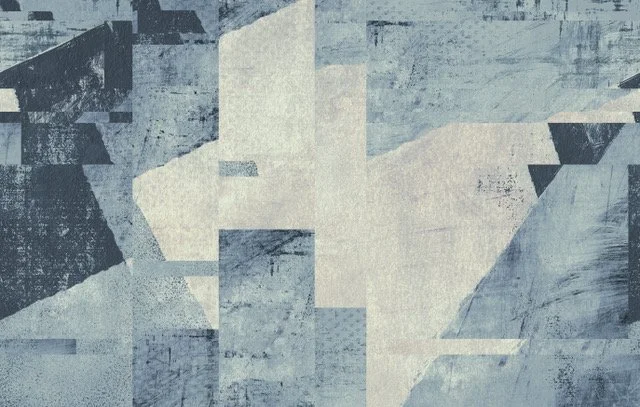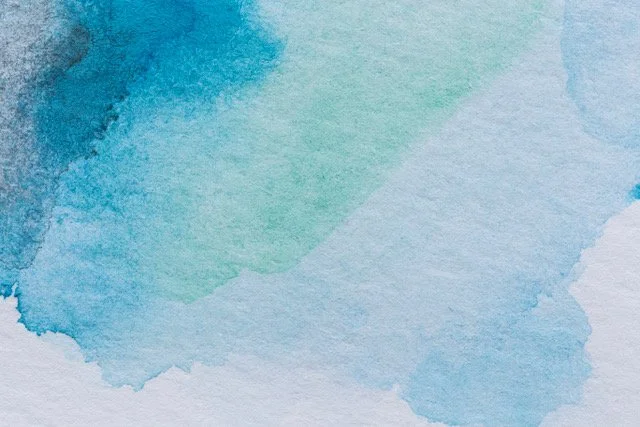“We only remember our trauma when it happens to someone else” – Reading Mizna’s Experimental issue
By David Heayn-Menendez
Out of trauma, celebration.
This was the animating spirit of a live reading of the Experimental Issue of Mizna’s journal, in collaboration with Al Bustan Seeds of Culture. Six artists shared work, including contributions to the issue, introduced at Al Bustan’s Hub venue by Mizna director Lena Barkawi and Al Bustan director Mohannad Ghawanmeh, in partnership with the Radius of Arab-American Writers (RAWI).
The artists who presented on March 24, 2022 were largely Palestinian and Levantine poets, and the content of their work ranged from explorations of traumatic personal, family, and collective histories in narrative and viscerally descriptive forms, to disjointed comedic critiques of language and societal norms. Like music performed with passionate abandon, their work solicited — if not demanded — an emotional participation from the audience in a shared anticolonial, anti-imperialist, anti-capitalist stance, one intentionally held in solidarity with SWANA and indigenous peoples everywhere.
Tamara Al-Qaisi-Coleman, a biracial Muslim writer, poet, and artist, framed her family story as an Iraqi-African American and daughter of a marine, formerly based in Iraq as, “Trauma met trauma and became family”. Her visceral account of childhood memories, tastes, sounds, and physical movements or prayer set the stage for further explorations of memory, both personal and historical: “The problem with forgetting is we only remember our trauma when it happens to someone else”, in her words.
George Abraham, a Palestinian American poet, writer, and engineer, fully embraced the experimental quality of the issue and event. His poetry, not only experimental in its form, but also in its exploration of the contours of sexuality and its ability to connect and manipulate grammar to create new meaning, incorporated Lady Gaga references and anthropomorphized “Free Palestine” as a misunderstood tragic historical actor still present and haunting the world with us today. The pain associated with “Israeli Birthright” and self-constructed toxic edifices of the nation were illuminated through the skillful use of grammar, trauma, and concepts of return and “coming” experienced in his youth.
Issam Zineh, a Palestinian-American poet and scientist, and Glenn Shaheen, the executive director of RAWI, added to the experiment with form a comedic tone – at once dark, despairing, and irreverent – of generational remembrance, punctuated with scientific and pop references. Their absurdist critiques, interspersed with personal narratives, mixed prejudice and death with everyday humor recognizable to the audience. Shaheen writes, “We died in the streets and nobody even moved our corpses out of commerce’s path.”
The artists touched on, and returned to, the relation of the poetic form to the limits and uses of language itself. Kurdish American writer Tracy Fuad explored this terrain skillfully through etymologies and historical reference. Her poems unlocked the ancient stories of her community and confronted the use of everyday meaning. Fuad’s work on an abridged history of buttons offered both a social critique of war and the ephemeral but weighty meanings and evolutions of words. Her poem on the 1001 Nights unpacked the all too familiar misused phrase “Open Sesame” and its relationship to poetic translation and transmission.
Yasmine Rukia, a first-generation Lebanese Shia poet, layered meanings and explorations grounded in detailed personal narrative descriptions that manipulated the meaning of language. Rukia’s narratives offered important embedded critiques of a society which sees continued inequities in places like Flint, Michigan, while living with memories of violence as experienced and remembered by Shia in Lebanon. “It’s nice to be here and nice to share things I’ve been staring at in the dark by myself” remarked Rukia as she closed.
Lena Barkawi closed the event with a nod to catharsis: “Your words are salves to us.” The artists and their work traced an arc from fraught experience to celebration. A celebration which investigates the tortuous faces of memory and history to address the ways in which we live, and are constructed by, the legacies of language and identity from which we can draw strength and inspiration.
David Heayn-Menendez is a Latinx Pennsylvania based writer, scholar, and mixed media visual and performing artist who works across the boundaries of culture and history, and seeks to foster creative work that amplifies historically marginalized voices in civic and cultural spaces. David focuses on the representation, intersection, and syncretisms of SWANA and Latinx cultures in everyday life. He is in, and increasingly of Philadelphia.



